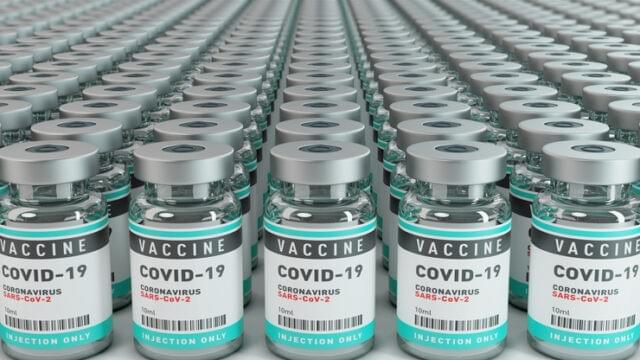Is the Pfizer coronavirus vaccine 88% or only 39% effective against preventing symptomatic infection?
Two separate studies, one published by the Israeli Health Ministry and the other published in the New England Journal of Medicine late Thursday showed striking differences.
The Delta variant is currently responsible for more than 90% of cases in the country and has been found to be significantly more contagious.
FIRST and critical is the difference in time between exposure to the Delta variant and vaccination.
THE NEXT issue is age.
Both Israel and the UK were careful to first vaccinate healthcare workers and the elderly. In England, however, the older population was largely administered the AstraZeneca vaccine, whereas people under 40 were offered Pfizer or Moderna as an alternative due to evidence linking AstraZeneca to rare blood clots. The same study showed that the AstraZeneca vaccine was only 67% effective against symptomatic disease after two doses.
In Israel, everyone received Pfizer. Breakthrough infections were most prominent among people 60 and older, a cohort that already has a greater tendency to be immunocompromised and prone to developing symptomatic if not severe cases of COVID-19. 한국야동
A separate study that was published over the weekend by the UK’s Department of Health and Social Care found that an eight-week gap between the first and second doses of the Pfizer vaccine is a “sweet spot” when it comes to generating neutralizing antibodies.
Pfizer’s Covid-19 vaccine is significantly less effective at preventing infection with the Delta variant than previous strains of coronavirus, data from Israel’s health ministry suggests, the latest setback as countries around the world fight to contain the hyper-contagious form of Covid-19 driving outbreaks among children and young people.
He vaccine still appears to be highly effective, 93%, at preventing serious illness and hospitalization, the data shows, though this is also slightly lower than earlier studies suggested and for other variants.
